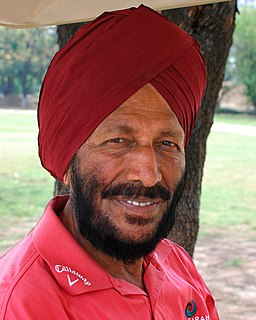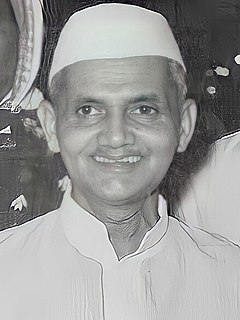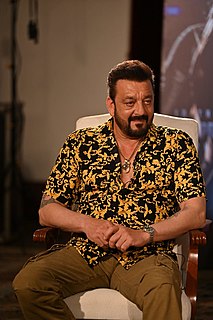A Quote by Manmohan Singh
Jawaharlal Nehru wanted India to develop close ties with China and learn from its experience.
Related Quotes
India and Burma have been close friends since the days we were struggling for independence. And I'm a great admirer of Mahatma Gandhi and Jawaharlal Nehru, and all those leaders of India's independence movement. I would like to believe the aspirations and hopes we shared in the past will continue to bind us in the future.











































